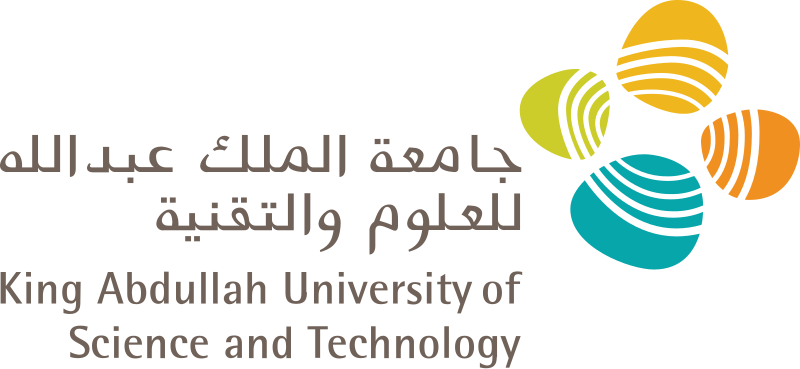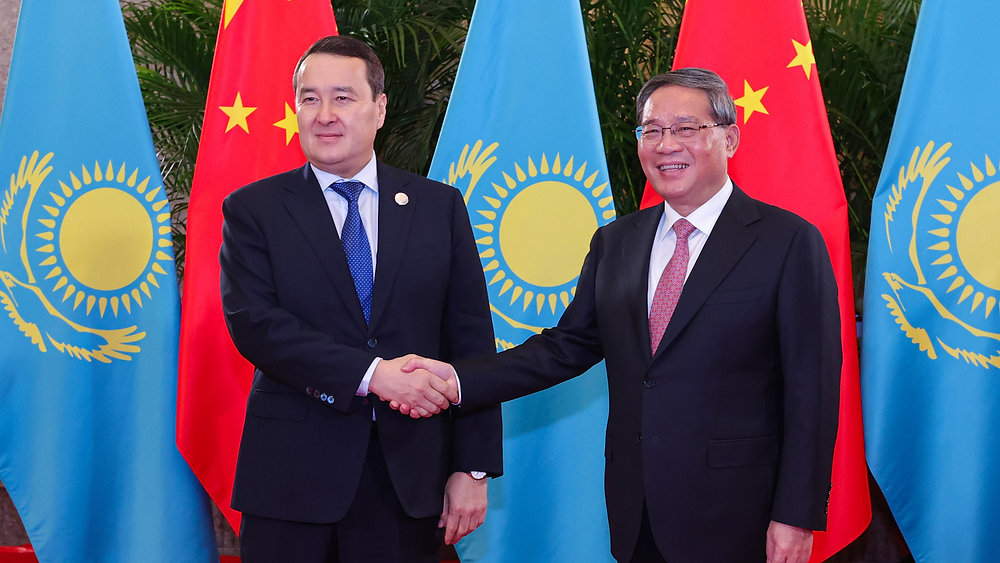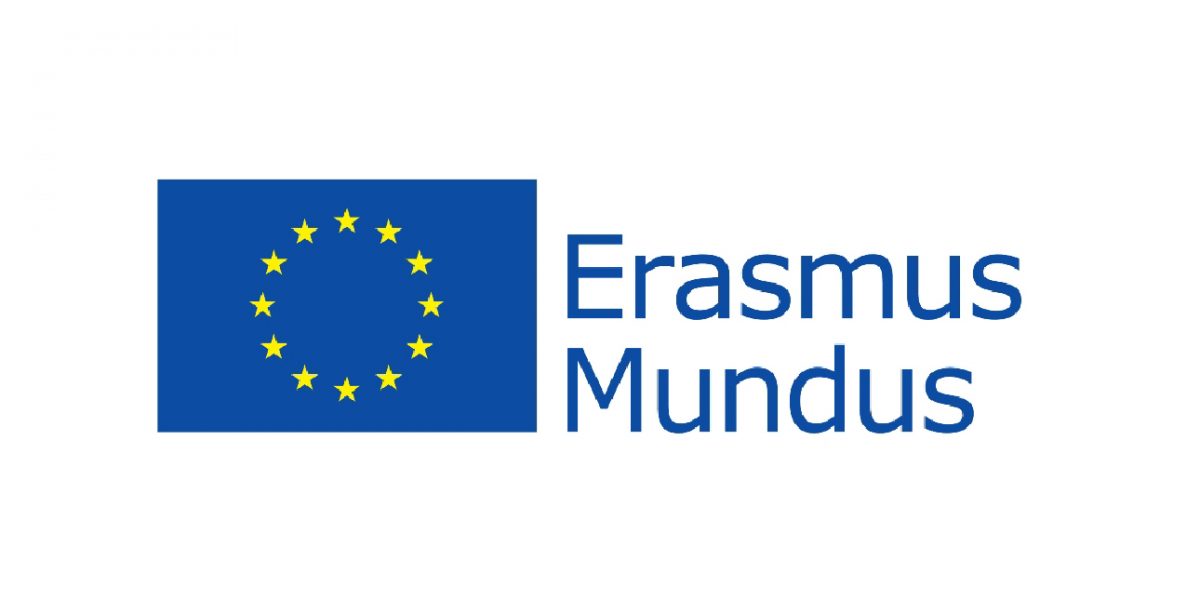
Applying to KAUST - Your Complete Guide for Masters & Ph.D. Programs (Upcoming Admissions)
Admissions Overview & Key Requirements

Kyrgyzstan and China have taken a major step toward strengthening their strategic partnership in the fields of science, technology, and higher education. This development emerged from the second meeting of the Kyrgyz-Chinese Commission on Scientific and Technical Cooperation, which took place in Cholpon-Ata. The event was attended by government officials, scientific leaders, and academic representatives from both countries. As a key outcome, the two sides signed a Protocol and a Memorandum of Understanding (MoU), establishing a framework for future collaboration in advanced research, innovation, and education. Special focus was placed on advancing green technologies, smart agriculture, biomedicine, digital transformation, and the preservation of cultural heritage.
The Commission conducted a comprehensive review of the bilateral cooperation achieved since the first meeting two years ago. Officials praised the establishment of joint scientific laboratories, collaborative research initiatives, student and academic exchange programs, and technology transfer platforms that have already yielded tangible results.
A notable highlight of the meeting was the decision to support the professional development of young Kyrgyz researchers. Under the new agreement, ten early-career scientists from Kyrgyzstan will travel to China over the next two years for academic internships. These internships will be hosted at leading Chinese research institutes and universities.
In a move to institutionalize educational cooperation, both countries agreed to establish a formal exchange program between their respective higher education institutions. This initiative will enable students, professors, and researchers to spend one or more semesters at partner universities abroad. It is designed to encourage cross-cultural academic dialogue, joint course development, and potentially dual-degree opportunities. The program will prioritize fields aligned with national development goals, such as engineering, agriculture, environmental science, and information technology.
One of the most significant announcements was the launch of a competitive funding mechanism for joint R&D projects. The new program will fund research teams composed of scientists from both countries, with each selected project receiving up to 1.5 million yuan (approximately $210,000). The goal is to produce practical, high-impact results in key sectors.
To ensure the continuity and expansion of scientific inquiry, the Commission confirmed plans to modernize existing laboratories and build new ones in critical sectors. Upcoming labs will focus on renewable energy, agricultural biotechnology, environmental protection, and public health research. Additionally, joint training workshops and co-supervised PhD programs are planned to improve research capacity and workforce development.
The two countries also recognized the value of science and technology in supporting regional infrastructure projects. In particular, scientific expertise will be integrated into the planning and construction of the Kyrgyzstan-China-Uzbekistan railway, a flagship initiative for Central Asian connectivity. Researchers will contribute insights on geotechnical engineering, climate resilience, and ecological impact assessments.
During the meeting, Baktiyar Orozov, Minister of Science, Higher Education and Innovation of Kyrgyzstan, underlined the strong growth in educational exchange between the two nations. He reported that over 4,200 Kyrgyz students are currently studying in Chinese universities across disciplines such as medicine, engineering, and IT, reflecting a rising interest in China’s advanced education system. Simultaneously, approximately 450 Chinese students are enrolled in Kyrgyz universities, many of whom are studying Russian language, Central Asian studies, or participating in short-term cultural immersion programs.
Minister Orozov also expressed Kyrgyzstan’s keen interest in joining a new Chinese-led initiative to train technology transfer managers across member states of the Shanghai Cooperation Organization (SCO). This initiative aims to equip professionals with the skills needed to turn scientific discoveries into marketable solutions, a critical step in boosting innovation ecosystems in the region.
The second meeting of the Commission has laid the groundwork for a deeper, more structured, and more ambitious phase of Kyrgyz-Chinese scientific and educational cooperation. While both sides emphasized the importance of continuity, sustainability, and mutual benefit, the third meeting of the Joint Commission is scheduled to be held in China in 2027.
Share

Applying to KAUST - Your Complete Guide for Masters & Ph.D. Programs (Upcoming Admissions)
Admissions Overview & Key Requirements

Erasmus Mundus Joint Master's 2026 (Upcoming Admissions)
Erasmus Mundus programs are scholarships available to students worldwide, offering fully-funded Master’s degrees to study in Europe!

Registration Opens for SAF 2025: International STEAM Azerbaijan Festival Welcomes Global Youth
The International STEAM Azerbaijan Festival (SAF) has officially opened registration for its 2025 edition!

Young Leaders Union Conference 2025 in Paris (Fully Funded)
Join Global Changemakers in Paris! Fully Funded International Conference for Students, Professionals, and Social Leaders from All Nationalities and Fields

An mRNA cancer vaccine may offer long-term protection
A small clinical trial suggests the treatment could help keep pancreatic cancer from returning

Yer yürəsinin daxili nüvəsində struktur dəyişiklikləri aşkar edilib
bu nəzəriyyənin doğru olmadığı məlum olub. Seismik dalğalar vasitəsilə aparılan tədqiqatda daxili nüvənin səthindəki dəyişikliklərə dair qeyri-adi məlumatlar əldə edilib.